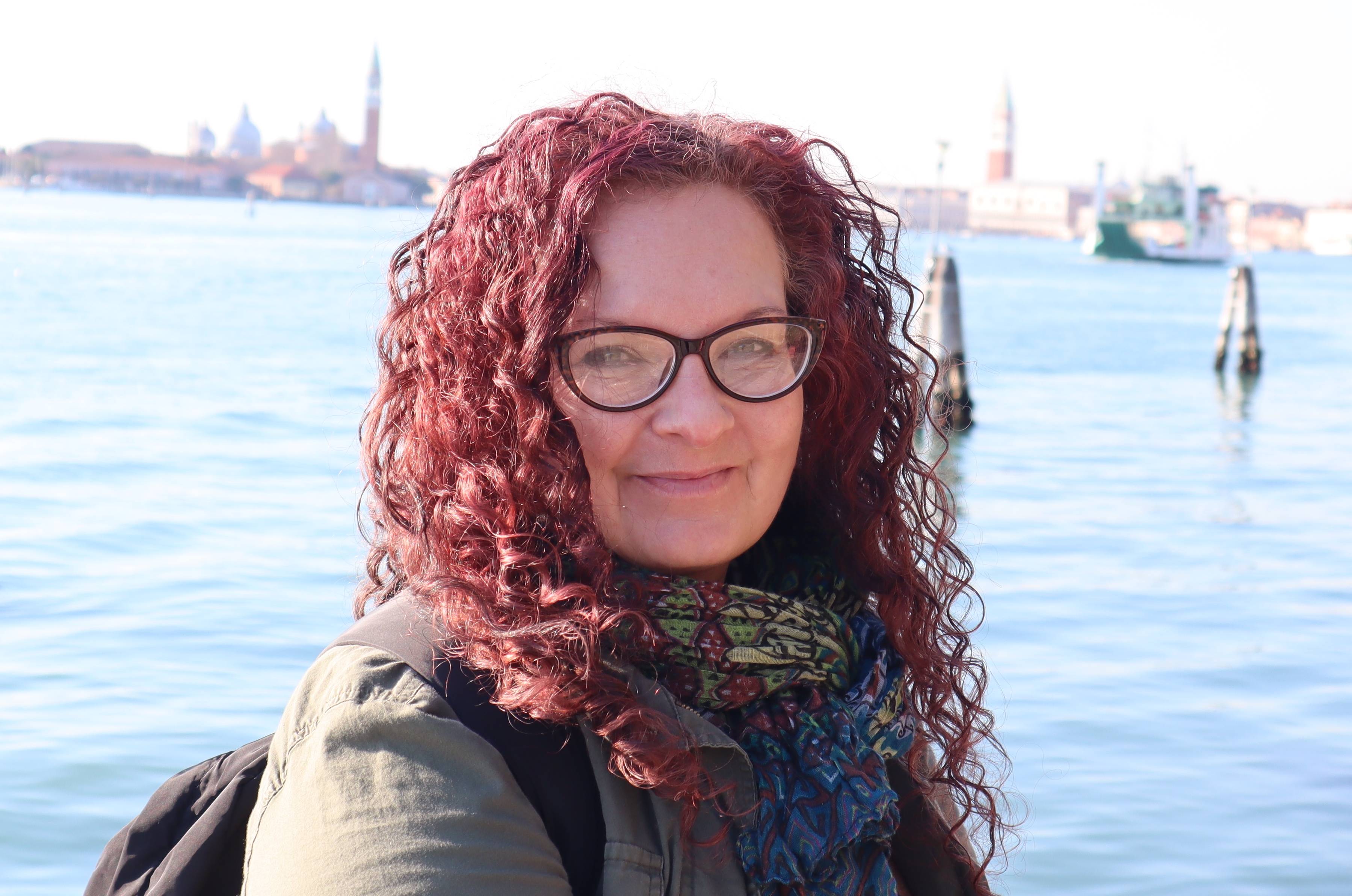Cassandra Barragan

Biography
Cassandra Barragan is an Associate Professor in the School of Social Work and the Director of the multi-disciplinary Aging Studies Program. She served as co-chair of the Age-Friendly University (AFU) Steering Committee and through this work, was part of an interdisciplinary team that secured endorsement by EMU administration and the campus community to be designated as a member of the AFU Global Network. In Fall 2023, as a cumulation of efforts with Aging Studies faculty affiliates, AFU @ EMU was launched. This clearinghouse provides information regarding intergenerational work, gerontology research, and support for older learners/non-traditional students at EMU. Her 20 years of professional experience prior to coming to EMU encompassed decades of interdisciplinary work in healthcare settings. Her research is guided by principles synthesizing her teaching, learning, and scholarship. Her research centers on the importance of social connection across all ages and populations, including the creation of social networks in fitness activities for older adults to supporting veteran students. She has published and presented on these topics both nationally and internationally.
How and Why did you get involved in IPE?
The majority of my career prior to coming to EMU was interdisciplinary. I worked in health care settings including dialysis units, inpatient gero-psych, outpatient psychiatric clinics, emergency psychiatric clinics, outpatient integrative community clinics, and long-term care. I continue to work to engage social workers in IPE at EMU because our profession is almost always in settings where we work with other disciplines. I’m involved with IPE at EMU because I think we can provide meaningful experiences to all students who work in IPE and they then bring those experiences to their professions post-graduation and hopefully, become champions of IPE beyond EMU. Some of my IPE work has been outside of CHHS as I’ve found collaborators from Journalism, Sociology, Education, Women & Gender Studies, Student Veteran Services, and more. In each of these experiences, we each bring our own lens and expertise to a project, which I think makes for a richer outcome for everyone.
What do you believe are the benefits?
I have had dozens of experiences where I have had conversations with someone from the medical field, and when they find out I’m a social worker, they always say enthusiastically “I love social workers!”. As I transitioned to the academic setting full-time, I learned that IPE work is important so that graduates understand the different disciplines they might work with and have thought about what their roles might be with those other disciplines. Programs in CHHS naturally complement each other and work within the college brings not only students together, but programs and faculty too. Collaborative interdisciplinary efforts extend beyond CHHS as well and the principles of working together can be beneficial for everyone involved.
What has been the most memorable experience or highlight of teaching IPE so far?
Each year I require social work students in my classes to attend the IPE Sim event in November. Afterward, I have conversations with them about how they felt about the experience and ask that they genuinely reflect on what they feel their roles are in IPE settings. I have had some students excited to report that they were able to help their teams realize things about sim patients that they hadn’t considered, and I’ve also had students honestly reflect that they felt ‘out of their league’ or that they weren’t sure of what to do. Overall, the sim provides a safe environment for students to realize their strengths and to understand how their skill set is a strong asset in any interdisciplinary team. As the Aging Studies Director, I have had students who have found passions they did not know they had and because working in interdisciplinary settings is a priority for me, I encourage my students to do the same.

